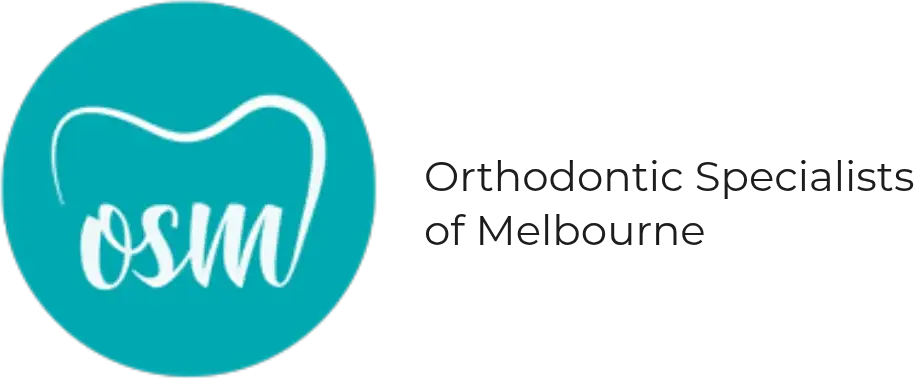- For Patients
- FAQs
Frequently Asked Questions
Do I need a referral to see an orthodontist?
No referral is required. You can book directly with our clinic for a full orthodontic assessment. This makes it easier to get started and gives you access to specialist advice sooner. Our orthodontists will explain your options clearly and help you plan the best treatment for your needs. Contact us today to book your first visit.
What is the difference between a dentist and an orthodontist?
Dentists care for overall oral health, while orthodontists complete additional training to specialise in straightening teeth and correcting jaw alignment. This extra expertise allows orthodontists to handle complex bite and alignment problems. Seeing a specialist ensures precise treatment and lasting results. Book an appointment today to meet with our orthodontic team.
Can orthodontic treatment improve my oral health?
Yes. Properly aligned teeth are easier to clean, reducing the risk of tooth decay, gum disease, and uneven wear. Correcting bite problems also helps with chewing and speech. Orthodontic treatment is not only about appearance but also about long-term dental health. Contact us today to discuss how orthodontics can benefit you.
How do I know which orthodontic treatment is right for me?
The best treatment depends on your age, lifestyle, and orthodontic needs. Our orthodontists perform a detailed assessment and explain all suitable options, from braces to aligners. You’ll receive personalised advice to help you decide confidently. Book your consultation today to explore your treatment choices.
Do you offer flexible payment plans for orthodontic treatment?
Yes. We provide a range of flexible payment options to make treatment more affordable. Plans are tailored to suit individual or family budgets, allowing you to spread costs over time. This ensures orthodontic care is accessible without financial stress. Contact us today to learn about our payment plans.
Can I play sport with braces or aligners?
Yes. Braces and aligners can be worn while playing sports, though we recommend a mouthguard for protection. Aligners can be removed during play if needed. Our orthodontists provide tailored advice to keep your teeth safe and your treatment on track. Book an appointment today for personalised guidance.
Can orthodontic treatment help with jaw pain?
Yes, misaligned teeth and jaws can sometimes contribute to jaw pain or discomfort. Orthodontic treatment may help improve bite function, which can reduce strain. Our orthodontists will assess whether treatment can address your symptoms. Book an appointment today to discuss how orthodontics might ease jaw-related concerns.
How do I know if my child needs orthodontic treatment?
Signs include crowding, overlapping teeth, early or late loss of baby teeth, or difficulty biting and chewing. An orthodontic check-up is the best way to know for sure. Our orthodontists can assess your child and explain whether treatment is recommended. Book an appointment today for peace of mind.
